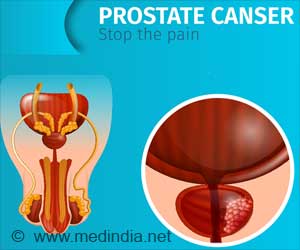
The most important milestone achieved by the research was demostrating that cells from a variety of tissues, such as that of intestine, stomach, kidney or pancreas, can be turned into embryonic stem cells. To do so, CNIO researchers used the technique developed by the scientist Shinya Yamanaka (2012 Nobel Prize for Medicine) to obtain embryonic stem cells in vitro.
"Being able to apply this technique directly to tissues from living organisms was a big surprise, as it was thought in vivo conditions would not allow for this extent of cellular plasticity", says Serrano.
The journal Nature Medicine highlights that: "The significance of this work goes beyond the generation of a mouse with reprogrammable tissue", adding that "stem cells created in vivo reached a totipotent-like state and a plasticity that surpasses that of embryonic stem cells and other iPSCs made in a dish".
In this context, the cells obtained in Serrano's laboratory were even capable of forming pseudo-embryonic structures and extra-embryonic tissues such as the yolk sac.
The researchers emphasise that practical applications might yet be some way off, but admit it could change the direction of stem cell research and its applications for regenerative medicine and tissue engineering.
Advertisement
Advertisement










